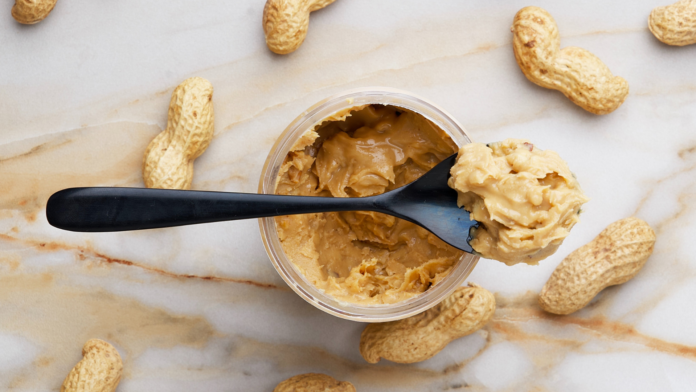Peanut allergy is one of the most common food allergies, affecting around 2 in every 100 Canadian children. These allergies tend to be lifelong, and can cause anxiety around accidental exposure.
“There’s a common misperception about peanut allergies — that it’s not a serious health issue,” says Dr. Edmond Chan, an investigator at BC Children’s Hospital and head of the division of pediatric allergy and immunology at the University of British Columbia.
“Although the risk of a fatal reaction to peanuts is low in patients with peanut allergy, it has a major impact on quality of life and many families feel hopeless in dealing with what can seem like an unmanageable problem.”
While research has shown that introducing peanuts to high-risk infants aged 4-6 months can help prevent peanut allergy, less is known about the effect of regular exposure in older children with more entrenched food allergy.
Now a new “real world” study led by Chan could help kids who face a real danger from exposure to peanuts. The researchers studied a treatment called oral immunotherapy in 117 preschool children with peanut allergies across Canada.
Oral immunotherapy involves giving ingesting small amounts of a food allergen in gradually increasing doses; in this case, peanuts. The goal is to reach desensitization. At this point, ingesting peanuts no longer triggers a dangerous reaction, reducing or eliminating the need for epinephrine injections. To sustain this level of immunity, the patient must continue to eat peanut products on a regular basis.
The preschoolers in this study, aged between 9 months and 5 years, all had history of peanut reactions and a positive skin prick test or peanut-specific antibody test (peanut-specific IgE >0.35 kU/L). Each received increasing peanut doses in clinic every two weeks until reaching the maintenance dose of 300 mg. Then, they received a daily 300 mg dose at home — about one peanut or a quarter teaspoon of peanut butter.
After one year, nearly 80% were able to eat 15 peanuts without reaction while supervised by an allergist. Furthermore, over 98% of participants could eat three to four peanuts without reaction. That’s enough to protect against almost all accidental exposures, providing peace of mind for anxious parents.
However, 21% of the children experienced an allergic reaction during the. larger oral challenge. Of these, 15% were mild and 6% moderate. Two children received epinephrine for moderate reactions. There were no severe reactions.
Despite these reactions, Lianne Soller, the study’s lead author and UBC allergy research manager based at BC Children’s Hospital, believes oral immunotherapy could in future be offered to preschoolers to prevent accidental exposures and avoid the development of more severe reactions.
“Now, thanks to oral immunotherapy, these kids can accidentally eat something with peanut butter in it — like a cookie or cake — and not suffer a reaction, which is wonderful news for the families.”








































